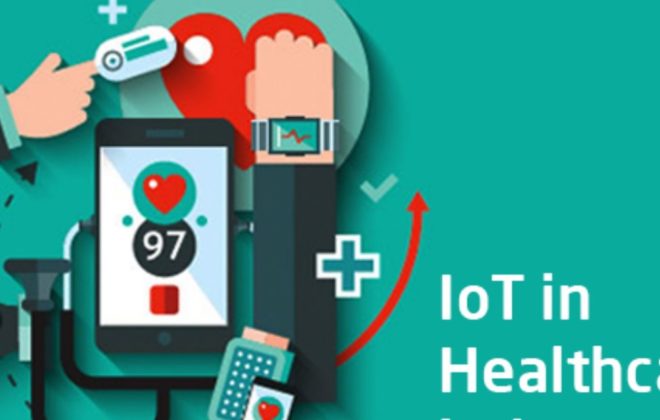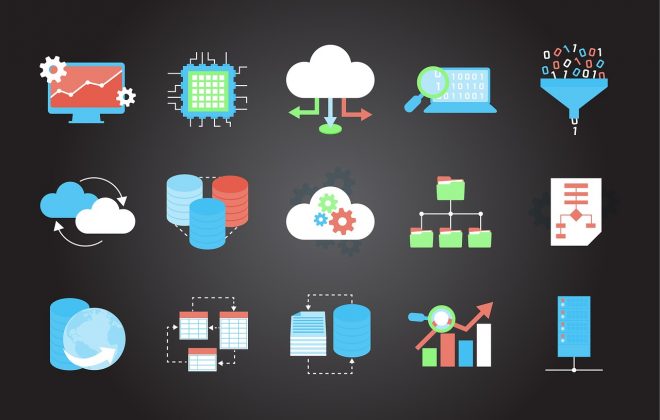Why Healthcare Providers Need to Take Consumer Engagement Seriously
With the consumerization of our world comes the consumerization of healthcare where people are no longer satisfied with being passive consumers of healthcare. Today, as soon as healthcare condition emerges, most people are inclined to conduct a ‘search’ regarding the ailment online and look up possible diagnosis and treatments. A Pew Study indicated that almost 72% of American adults search for health information online. People are also getting increasingly inclined to use mobile health apps to meet their individual health needs. The global mobile health market (mHealth) is expected to be valued at US$28.320 billion in the year 2018 and projected to reach US$102.35 billion by 2023. These numbers are a clear indication of the growing shift in the manner in which healthcare is consumed. The consumers of healthcare today want a healthcare system that is more effective and efficient. One that places them, the patient, in the heart of the entire system. In this age of consumerism, where we demand efficient and effective service from all other sectors such as retail, banking, finance, travel, insurance etc. why should the healthcare scenario be any different?
The consumer of today has been exposed to the joys of professional service in almost every sector. A good example would be that of the older public sector banks. These archaic institutions too have had to revisit their operating styles to accommodate the growing demands of their customers and make their systems more technology-driven and people-centric. With the growing demands of the well-informed consumer, almost all industries that are customer-facing have had to make the shift towards people centricity. They have had to provide better services and have had to become singularly focused on customer engagement. With rising competition, the healthcare sector is no different. Today, the healthcare sector cannot help but listen to the voice of the customer and deliver what they demand…better service and better engagement.
Deloitte’s Survey of US Health Care Consumers suggests that people now want to become empowered consumers of healthcare. They want more satisfying care experiences and demand greater accountability. They want great participation and greater control in managing their own health. Clearly, it is time that consumer engagement in healthcare is taken more seriously.
So what exactly is consumer engagement in the healthcare context?
It can be defined as an act where the consumers are more proactively and directly involved in decisions regarding their health. Consumer engagement also constitutes the actions taken to help the consumer become better informed regarding their health situation so that they can take better decisions on areas that affect their health. These areas could include:
- Taking deliberate actions to monitor and improve individual health
- Conducting online information searches to find out about health concerns or treatment options
- Partnering with doctors to assess, identify treatment options, costs, plans etc.
- Communicating and sharing information with doctors more proactively
- Adhering to the recommended treatment plans – especially in post-operative care or to better manage chronic ailments.
These actions lead to healthier behaviors, assist in providing better and more satisfying health care experiences, better health outcomes, lower re-admission rates, and effectively lower costs, both for the healthcare provider and the patients. With a growing Millennial population, behaviors such as online dependency for looking for health and healthcare information, managing health and health data using mobile apps etc. are only rising and will continue to rise incrementally. This population will not be willing to follow the archaic health system where the patient is almost a hostage to the healthcare provider. They want continuous and immediate access to their health data, want a quick access knowledge repository, want to interact with their healthcare providers using technology so that the valuable face time that they have with their doctors can be utilized to have more targeted and meaningful conversations.
Healthcare providers are, thus, being compelled to accelerate their consumer engagement initiatives. However, as healthcare providers take a deep dive into customer engagement, they also need to ensure that they create an integrated healthcare ecosystem that can be used by the patients and healthcare providers alike. Patients should be able to access their complete health history, update health data, look up healthcare provider information, manage prescriptions, share health data etc. The healthcare providers and clinicians should be able to upload information, manage this information, provide post-consultation updates to the patients, improve pre and post-operative care and improve surgical pathways, assist in chronic disease management etc. more effectively and proactively.
If healthcare organizations can understand what their patients and clinicians need and demand today, they can create a healthcare network that is interconnected and interoperable. By leveraging technology to improve customer engagement, they will be able to not only improve patient outcomes but also improve healthcare service effectiveness and efficiency and take quality measures that help them excel in consumer experience. This approach increases transparency in the healthcare ecosystem, increases patient participation in his/her own healthcare, improves doctor-patient interactions, reduces wait times and helps in taking a more preventive approach to healthcare, reduces risks and promotes better health…ultimately, isn’t this what the endgame for health care should be?




